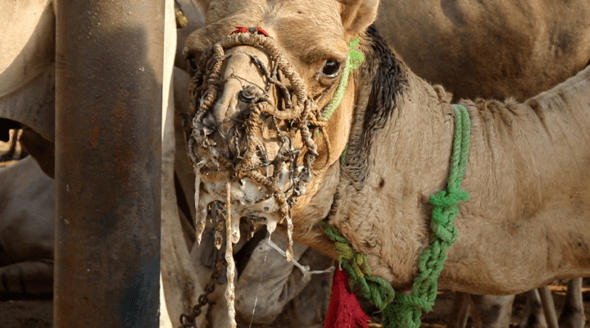Alan Cumming Sends Argyll and Bute Council Vegan Caviar – and Calls for Rejection of Fish Farm
For Immediate Release:
19 January 2018
Contact:
Olivia Jordan +44 (0) 20 7837 6327, ext 229; [email protected]
ALAN CUMMING SENDS ARGYLL AND BUTE COUNCIL VEGAN CAVIAR – AND CALLS FOR REJECTION OF FISH FARM
PETA Pal Joins Thousands Who Want Authorities to Block Proposal for Scotland’s First Caviar Farm
Cowal, Scotland – As Argyll and Bute Council considers a proposal for an intensive caviar farm that would keep sturgeons confined in stressful, unnatural conditions, Scottish actor and long-time PETA supporter Alan Cumming has sent the council a package of delicious Cavi-art (vegan caviar) accompanied by a letter urging it to reject the plans.
“With an abundance of delicious, cruelty-free alternatives to caviar available, building a farm in order to breed and kill animals for a fleeting moment of taste is unjustifiable and inhumane,” writes Cumming. “Many discerning gourmets, including the head chef of the BAFTA Awards dinner, have opted for vegan caviar – which tastes fantastic and doesn’t harm animals. I’ve enclosed some for you to try. I hope you’ll enjoy it and that you’ll agree that farming fish for caviar has no place in Scotland’s future.”
PETA – whose motto reads, in part, that “animals are not ours to eat” – delivered to the council a petition with more than 5,000 signatures urging it to reject the proposed facility, which would be the first of its kind in Scotland and only the second in the UK. While sturgeons in the wild live in open rivers and migrate vast distances upstream to breed, fish on commercial farms are confined to tanks, where many sustain physical injuries, such as damage to their tails, because of severe crowding. At the end of their miserable lives, they’re transferred to an ice bath, where their gills are cut and they’re left to bleed out – a slow, painful way to die.
The petition also notes that the facility would likely have many negative effects on the local area, including increased traffic from goods vehicles and the obstruction of scenic views by new buildings. In addition, the generation of environmental pollutants such as ammonia could potentially have a detrimental impact on wildlife.
For more information, please visit PETA.org.uk.
#

